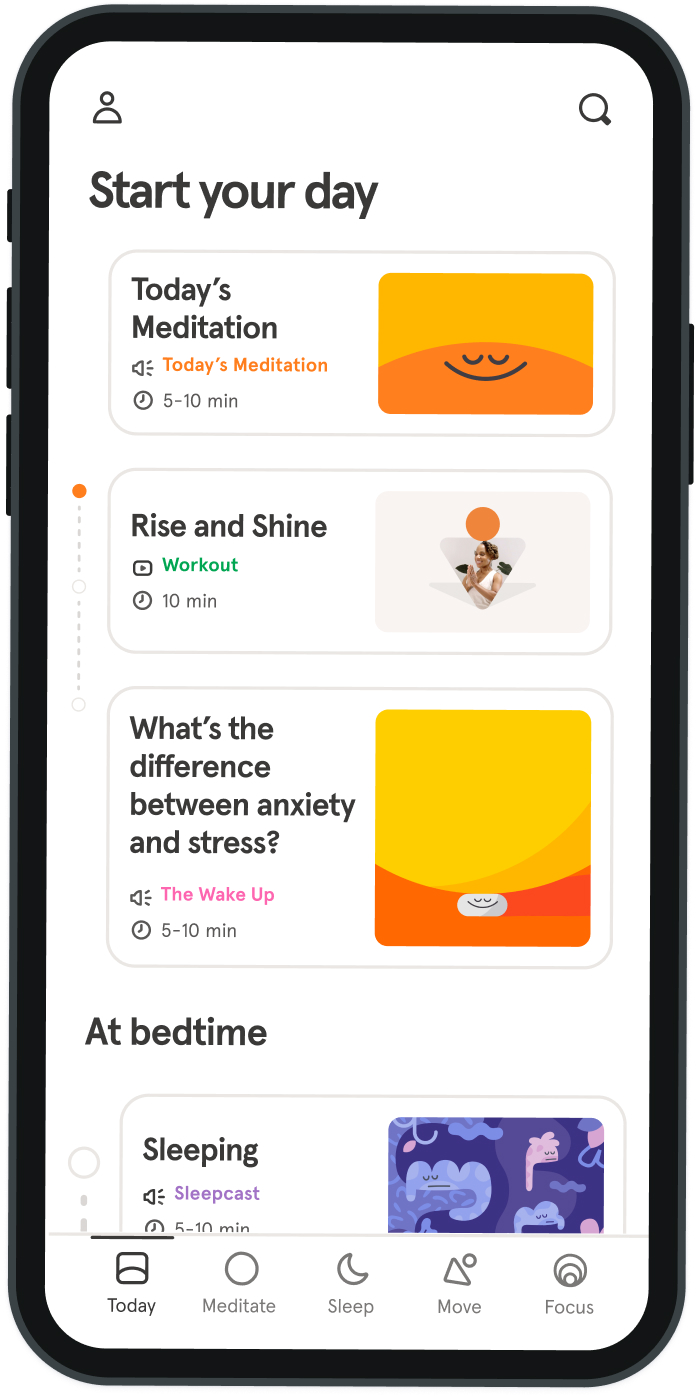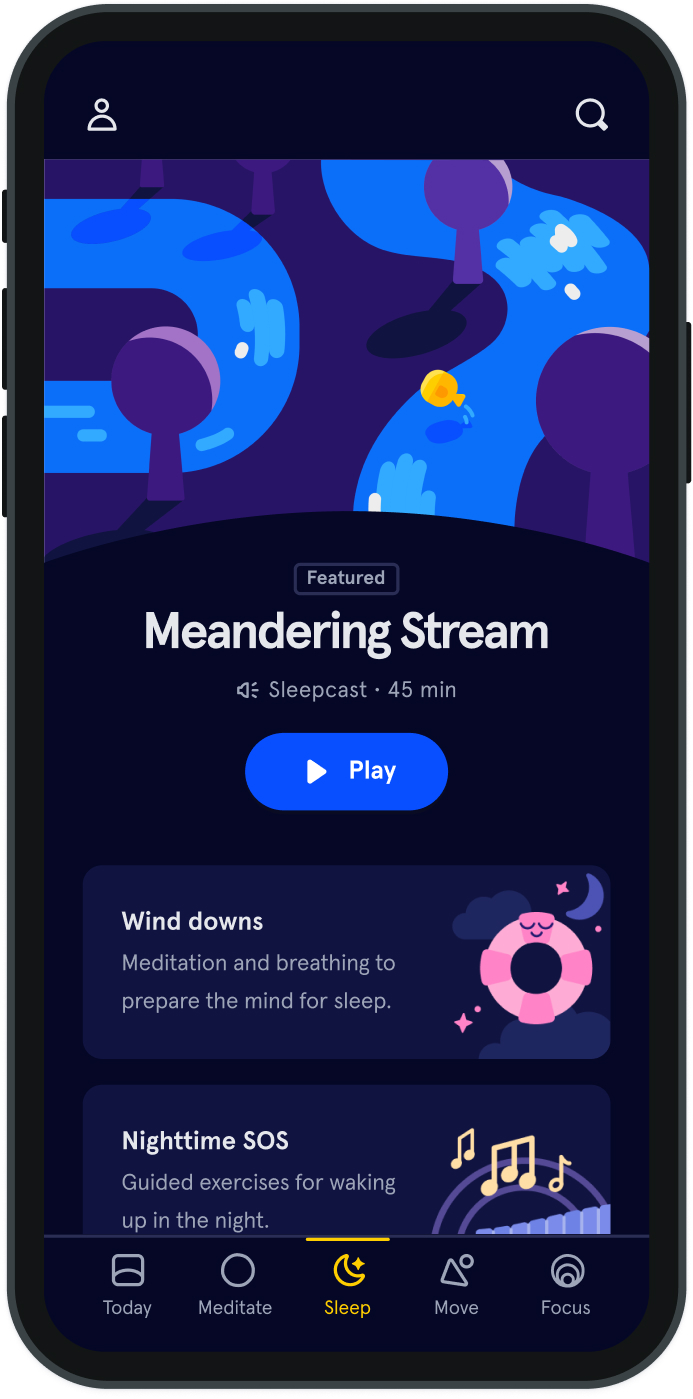Misery really does love company. Here’s how to avoid catching bad moods.
It happens in a flash. After shuffling to the kitchen and wrapping my hands around a mug of coffee, the warm glow from a good night’s sleep and the scent of caffeine vanishes as my youngest son stomps into the room.
He begins spouting off the injustices of the morning: His brother woke him up. His LEGOs aren’t in the exact same place he left them last night. He has to eat oatmeal for breakfast. He has to go to school again! Suddenly, crankiness spreads like wildfire, grabbing hold of my husband, my older son, and me. It’s as if we all woke up on the wrong side of the bed. Is this normal?
Turns out, our social networks are good at spreading more than just witty memes. They can spread moods too.
Catching Moods
Recent research published in the journal Royal Society Open Science examined the phenomenon of emotional contagion—or how moods can spread from one person to another like a virus. Researchers from the University of Warwick looked at how the social circles of young adults in the U.S. can influence the mood of those within that network. What they found is that moods are contagious and how your friends feel can have a great impact on how you feel. So, if your friends are happy-go-lucky and have a positive outlook, you are probably more likely to view the glass as half full too. On the flip side, if your friends are feeling down, you’re less likely to turn your frown upside-down. “Having mentally healthy friends can help someone recover from depression or even remain mentally healthy in the first place, whilst having more friends with worse mood is associated with a higher probability of an adolescent worsening in mood and a lower probability of improving,” says Rob Eyre, who led the study.
But it’s not just an adolescent phenomenon. A study from 2008 found that you’re 25 percent more likely to be happy when a nearby friend is happy. Other research has found that loneliness and rudeness also tend to cluster in social groups, and can spread up to three degrees of separation. While emotions seem to spread more strongly among friends and family, it can also spread in the workplace too. (Even your dog can catch your mood!) Social media isn’t immune either. One study found that when our Facebook feeds are filled with fewer positive posts, we too tend to post more negative (compared to positive) status updates and vice versa. Researchers also found that what we post on Twitter depends on what we see in our timeline. Our negative posts tend to come after being over-exposed to negative tweets while positive posts occur after being exposed to more positive content.
More Than Empathy
While our normal empathetic response helps us be more aware of and sensitive to another person’s feelings, emotional contagion works on a more subconscious level, says Sigal Barsade, a professor at the Wharton School at the University of Pennsylvania. Barsade says there are two parts to catching someone’s mood. First, as humans, we tend to mimic behaviors of others in subtle ways. Then, we start to feel that emotion associated with the expressed posture or facial expression. For example, it’s hard not to smile when you see your good friend beaming and, as a result, you start to feel happy too. “People don’t realize that’s why their mood shifted,” she says and, instead, own the mood as their own. “If you have a cranky person at work, people in the group don’t say that they are upset because George is cranky. They say that it’s because it’s a bad workplace or some other reason,” she says. They don’t recognize that it’s their co-worker’s mood that’s shifted their own mood and how they feel about their workplace.
Your personality matters too, says Barsade. If your mood matches the temperament of the person emitting the emotion, you’re more susceptible to taking on that emotion too. If you tend to monitor and pay close attention to the environment around you, you’re more likely to notice other people’s emotions and “catch” it.
More Than a Feeling
While spreading moods might seem like a fun party trick, it can have lasting impacts on your mental health, says Eyre. “Our findings then simply imply that these effects are much more long-lasting, i.e. six months to a year,” he says. And while you can’t “catch” clinical depression from a friend, some symptoms of depression—helplessness, tiredness, and loss of interest—can spread, which could have implications for identifying subclinical levels of depression. “The effect from your worse mood friends is usually not strong enough to push you over the line into clinical depression,” says Eyre. “By understanding the factors that impact mental health, we can then use that knowledge to try and reduce the prevalence of depression.”
Emotional contagion is also key to group dynamics. “It’s the mechanism and glue through which groups exchange emotions,” says Barsade. “It includes not only emotions but also cognition and behavior.” As a result, it’s one way to facilitate group cohesion in the workplace. For example, in one study, Barsade found that when an intentionally positive person was placed within a workgroup, those groups were more cooperative and generous and there was less conflict. Positive moods lead to more creativity, better decision-making, more prosocial and cooperative behavior, and better work performance, she says.
Inoculate Yourself
“The good news from our work is that following the evidence-based advice for improving mood like exercising, sleeping well, and managing stress, can help your friends too,” says Eyre. Knowing that you may be susceptible to negative moods too, you can take steps to inoculate yourself against a bad mood. “If you know about emotional contagion, you have a better shot at buffering yourself or at least knowing why you feel that way,” says Barsade. She adds that if your co-worker, friend or family member is having a tantrum, try not to look at them. If you turn your attention elsewhere, you’re less likely to take on those feelings. So, the next time a bad mood spreads like a virus across my house, I’ll know that it’s not just me who woke up on the wrong side of the bed. I’ll know I’m not just imagining my emotional ups and downs.
You’re 25 percent more likely to be happy when a nearby friend is happy.
Christine Yu
When our Facebook feeds are filled with fewer positive posts, we too tend to post more negative updates.
Christine Yu


Be kind to your mind
- Access the full library of 500+ meditations on everything from stress, to resilience, to compassion
- Put your mind to bed with sleep sounds, music, and wind-down exercises
- Make mindfulness a part of your daily routine with tension-releasing workouts, relaxing yoga, Focus music playlists, and more
Meditation and mindfulness for any mind, any mood, any goal

Stay in the loop
Be the first to get updates on our latest content, special offers, and new features.
By signing up, you’re agreeing to receive marketing emails from Headspace. You can unsubscribe at any time. For more details, check out our Privacy Policy.
- © 2025 Headspace Inc.
- Terms & conditions
- Privacy policy
- Consumer Health Data
- Your privacy choices
- CA Privacy Notice
